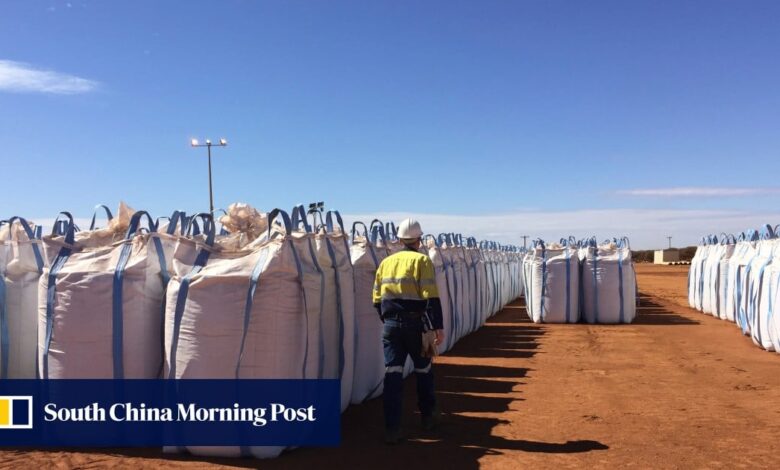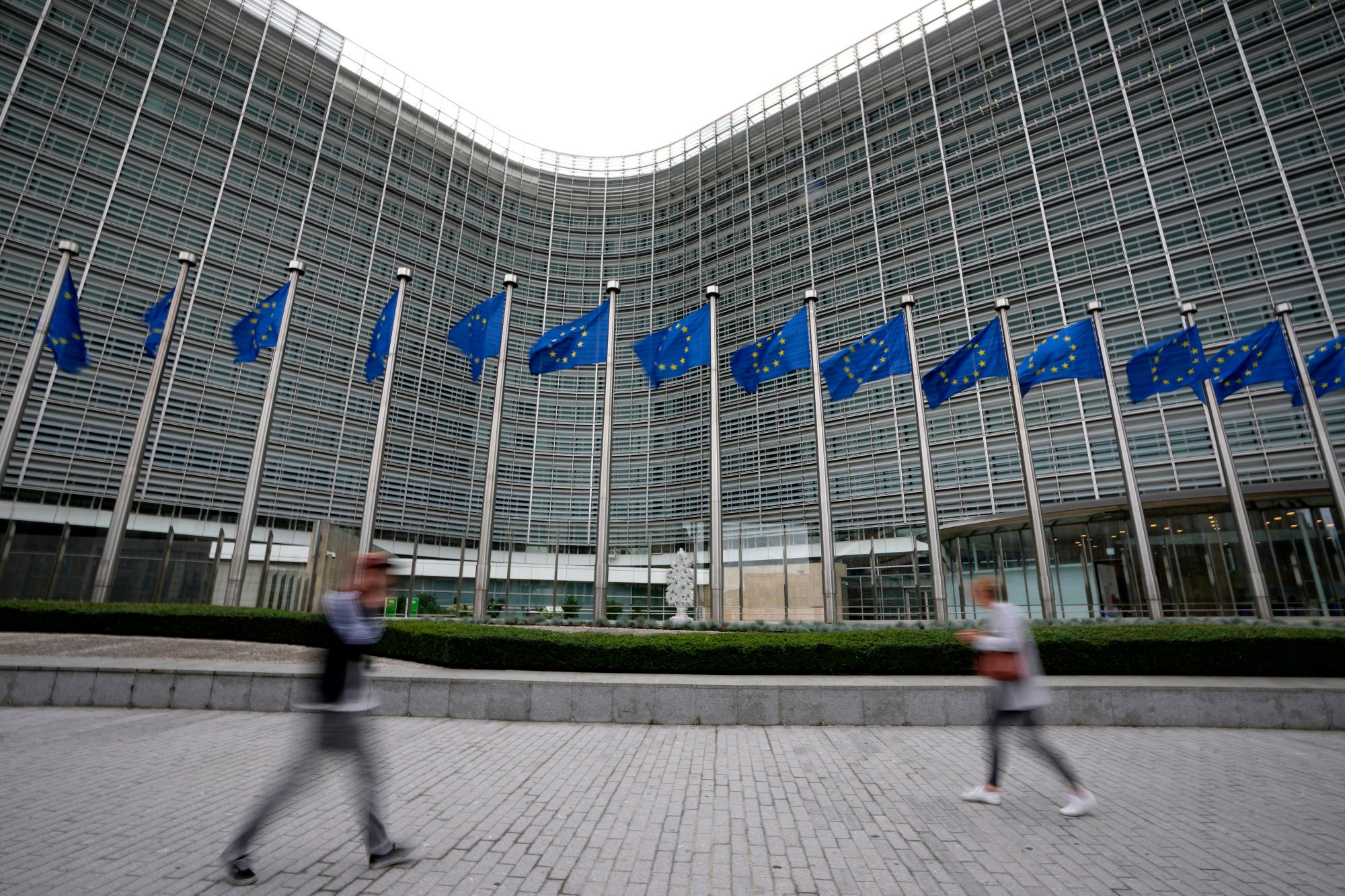If EU wants Australia’s critical minerals, ‘get moving or you will miss the boat’, minister says

[ad_1]
Australia has warned the European Union that it will miss out on bountiful supplies of critical minerals if it does not stop haggling over prices and making “unfair” demands over a trade deal.
“Get moving or you will miss the boat” was the message resources minister Madeleine King delivered in Brussels on Tuesday, during an interview with the South China Morning Post and other news outlets.

King is on a tour of European capitals seeking investment that would help bring supplies of processed lithium, nickel and rare earths to market, but warned that the EU already trails China, the US, Japan, South Korea and others in the race to secure the minerals.
“They are a bit behind, that’s fair to say. But they won’t be forever if they kind of step up and turn up, I think that’s really important,” said King.
“If you’ve got some kind of stake in a project, some of that investment comes with negotiation around long-term offtake as well,” she said, using the term for allowing an investor to purchase what is produced.
‘The world will transform’: Australia longs to break China’s grip on rare earths
‘The world will transform’: Australia longs to break China’s grip on rare earths
King said that European industry needed to change its mindset if it hopes to compete for the resources against American businesses that “react really quickly”.
The EU is trying to reduce its dependencies on China for critical minerals that will help build the industries of the future. China provides 80 per cent of the EU’s imports of lithium and 100 per cent of its heavy rare earth mineral supplies.
Australia is also looking to reduce its own overreliance on China, to which it sends 96 per cent of its raw lithium for processing. China also consumes huge volumes of bulk commodities from Australia.
King suggested that big European companies, including automotive manufacturers, were slow to invest in mines and minerals, and were too concerned about price.
The critique comes amid a bout of soul-searching in Europe as to the state of its industrial sector. EU companies are struggling to compete with cheaper Chinese products in a variety of sectors, from solar panels to wind turbines to electric cars. This month Brussels launched a probe into what it said are China’s rampant subsidies to its electric vehicle manufacturers.
King acknowledged the complexities of the issue. “The truth is, this is not a fair market. What we’re dealing with in critical minerals and rare earths … because of the market dominance of China, it can change at any given time.
“I guess we just have to take the risk if we’re going to build this industry,” she added.
King, though, bashed Brussels for trying to sway Australian domestic policy for the sake of securing a trade deal. Talks stalled earlier this year after the EU insisted it should have access to Australian raw materials on the same basis as local consumers.
This would require outlawing a dual-pricing system that has allowed Australia to sell gas domestically at a lower price than it ships overseas.
“That is not a fair thing, I think, for the European Union to put to Australia,” King said.
“We don’t introduce this kind of dual pricing lightly, we do it in the national interest. And I hope that the European Union and the commissioners that are undertaking the negotiations can understand that and, perhaps, show greater respect for the Australian resources sector.”
By 2030, the EU seeks to process 40 per cent of the strategic raw materials it uses within its borders. The EU also hopes to ensure that it will not rely on third countries for more than 70 per cent of critical minerals.
King said those targets sounded “extremely ambitious”, adding that Australia would prefer to process the minerals domestically, rather than send raw materials to Europe.
Australia has also yet to decide whether to join a “Critical Raw Materials Club” that European Commission President Ursula von der Leyen announced this month. King suggested that a free trade deal between the EU and Australia would be a better way to “move the needle” on gaining access to critical minerals.
[ad_2]
Source link




